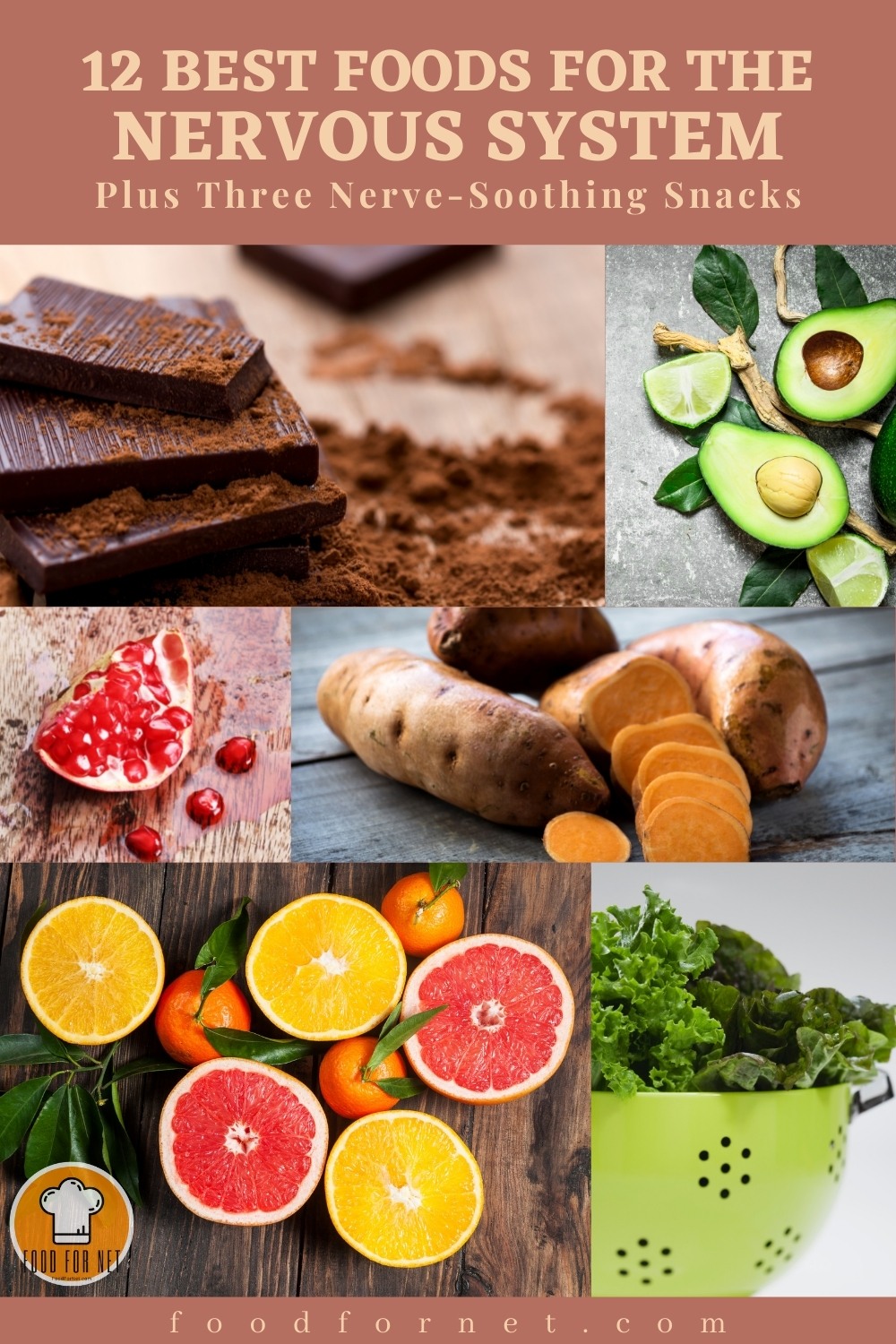
The human nervous system includes the brain, the spine, and all the nerves that run throughout the human body, as well as the myelin sheath that wraps around them. The nervous system is essential to our survival, but whether or not it works well often has to do with getting enough of the right nutrients to keep it healthy.
Several vitamins and minerals play a part in this. They include potassium, B vitamins, vitamin K, calcium, and other essential compounds. The 12 best foods for the nervous system are packed with necessary nutrients for keeping the nervous system functioning well.
12 Top Foods To Support The Nervous System
Leafy Greens
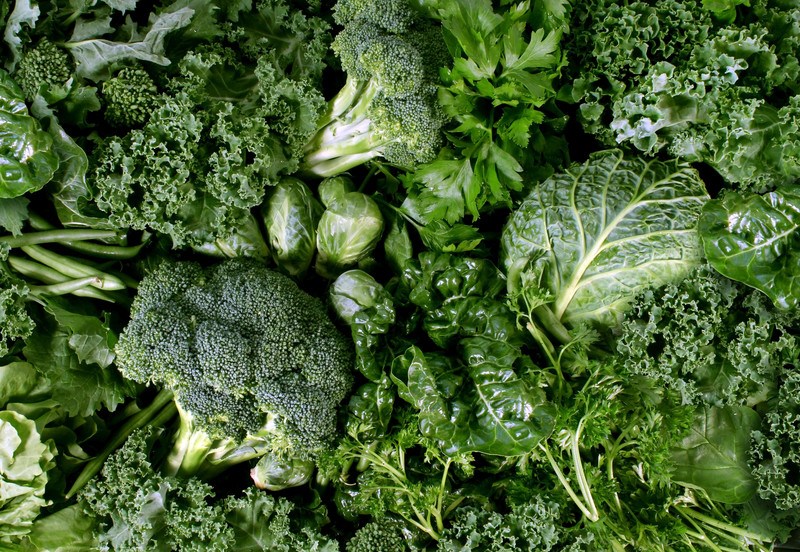
If it seems like leafy green vegetables could be the answer to just about every health problem, that could be at least partially true. Leafy greens contain a number of nutrients that have known health benefits.
For example, green leafy vegetables are high in potassium. Potassium helps regulate blood pressure and body fluids. It aids in balancing the body acidity, and it helps keep the heart in rhythm. Potassium is essential for maintaining healthy nerve impulses, such as the ones that keep the heartbeat stable or cause your muscles to contract just when you need them to.
Many dark leafy green vegetables, such as kale and spinach, contain high levels of vitamin K. Vitamin K regulates calcium in the bones and brain and could help prevent Alzheimer’s disease. Leafy green vegetables are also high in folate, which is important for the nervous system at any age, and vitamin B12, which is essential to keep the myelin sheath around the nerves in the body healthy and whole.
Vitamins C, B1, B3, and B6 are also crucial for a properly functioning nervous system, and they are found in varying degrees in many green leafy vegetables. One cup of raw kale contains around 134% of the recommended daily intake for vitamin C, as well as significant amounts of most B vitamins and around 684% of the recommended daily intake for vitamin K.
Bananas
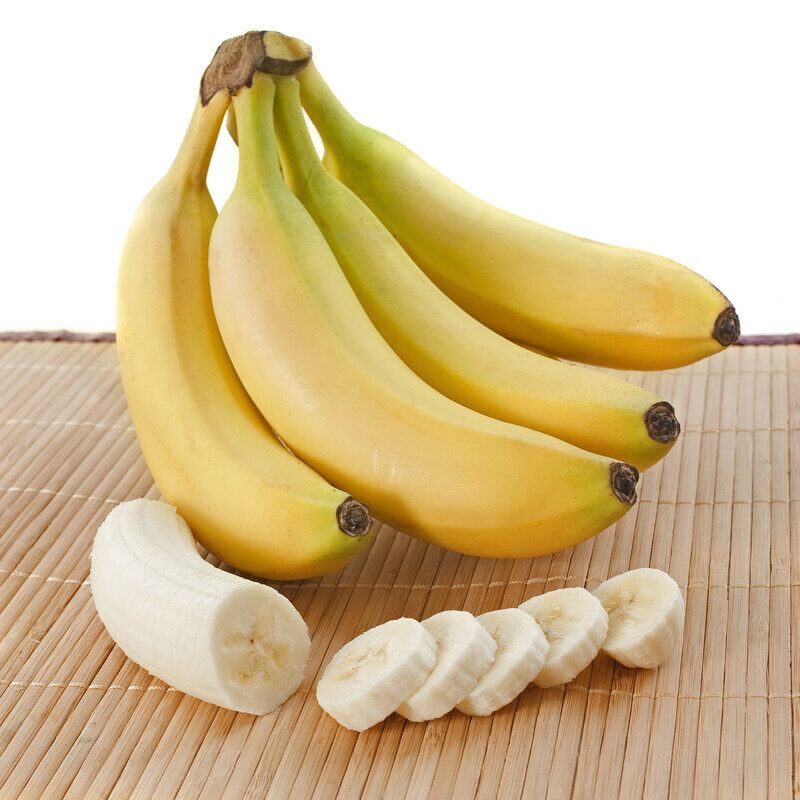
Bananas have a reputation as a great source of potassium. High levels of potassium can help calm muscles and regulate nerve impulses. Bananas have been shown to decrease the risk of strokes by as much as 40%, and it reduces the risk of high blood pressure, as well. This could be due to the potassium levels, which regulate body fluids as well as nerve impulses.
They’re also a great source of B vitamins, which are necessary for building and maintaining healthy nerves, as well as calming them down during times of stress.
One interesting thing about bananas is that they also contain enough vitamin B6 to help regulate blood sugar levels, and it promotes the creation of feel-good neurotransmitters, including serotonin, dopamine, and norepinephrine. This can help improve your mood. Bananas also contain high levels of tryptophan and tyrosine, which the body can convert into serotonin and dopamine. Because bananas contain these nutrients in significant amounts, eating bananas regularly can be helpful for overcoming depression.
Bananas are also great for the heart and the digestive system. Unripe bananas may also help balance insulin sensitivity.
Milk
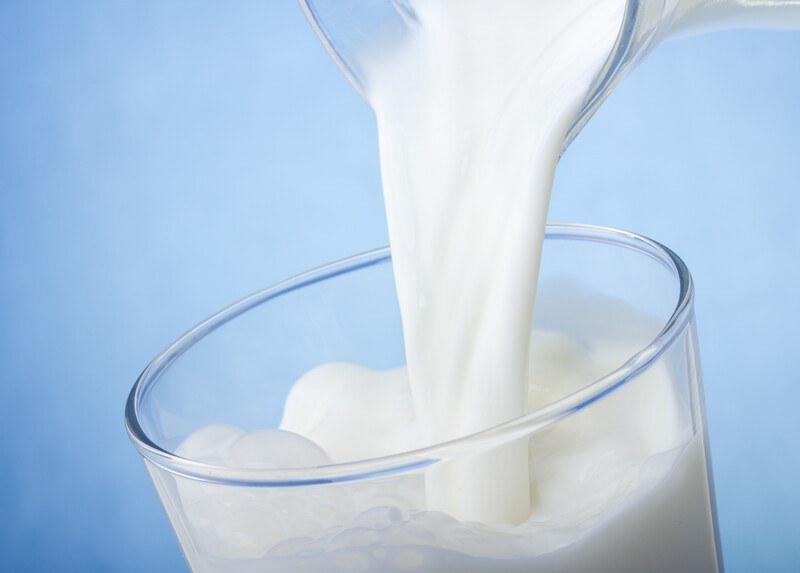
From a nutritional standpoint, milk is probably best known for its high levels of calcium. One cup of skim milk contains around 300 mg of this mineral. Calcium is important for bone strength and for heart health, but it also plays a significant role in the nervous system, too.
Calcium triggers synaptic terminals to release neurotransmitters. It helps with the electrical transmission down the axon of neurons, and it’s involved in the formation of memories. A lack of calcium can contribute to muscle twitches or spasms, and it also alters moods. Getting enough calcium helps keep muscles and nerves working properly.
Milk also contains potassium and magnesium. These minerals act as vasodilators, and they help calm the nerves and the muscles.
Sweet Potatoes

Sweet Potatoes contain vitamin C, vitamin B6, potassium, and magnesium. These play various roles in the nervous system. Vitamin C helps form the structure of neuron cells and it helps regulate neurotransmission. Vitamin B6 is essential for building neurotransmitters, and a lack of it has been linked to dementia. Potassium and magnesium both help with nerve transmission.
One interesting thing about magnesium is that it can help prevent neuron death from over-excitation.
Sweet potatoes are also loaded with vitamin A. One sweet potato contains more than 100% of the daily recommended intake for vitamin A. While the research is still scanty, some studies suggest that vitamin A is linked to brain function, behavior, and learning.
Eggs

Eggs are a nutritional powerhouse, with protein and several vitamins and minerals that can help keep bodies strong. It’s especially rich in B vitamins. One large egg contains about 10% of the daily recommended dose of vitamin B12, which can help repair damaged nerves, and 5% of the recommended dose for vitamin B6.
Eggs are also rich in a substance called choline. Our bodies make acetylcholine from choline. Acetylcholine is a neurotransmitter that helps with communication between brain cells and plays an important role in memory. Children whose mothers had higher intake levels of choline during the second trimester of pregnancy scored higher at the age of seven on visual memory skills.
The recommended daily dose for choline is 400 IU. Two eggs provide about a third of that amount. Besides eggs, choline can be found in fish, meats, poultry, and some beans and nuts.
Pomegranates
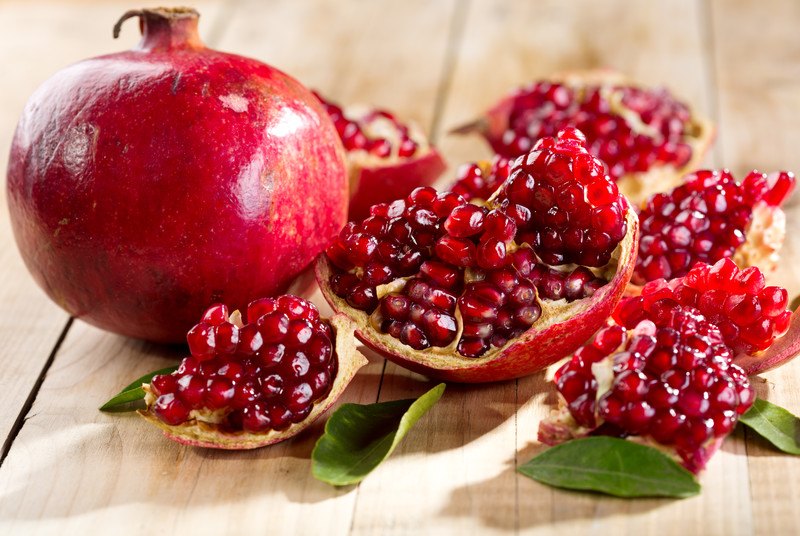
Pomegranate fruit has a powerful antioxidant component that’s particularly protective of nerve cells. Eating pomegranate reduces beta-amyloid plaques in the brain, which are a clinical marker for developing Alzheimer’s disease. Pomegranates also help protect against Alzheimer’s disease by regulating glucose absorption, and it could help improve fasting blood glucose levels.
Besides its powerful antioxidant effects, pomegranate fruit has been shown to be anti-cancerous and anti-inflammatory. This fruit is also high in vitamin C, vitamin K, potassium, choline, and the B vitamins B6, B1, and B3. One pomegranate fruit contains nearly half of the recommended daily allowance for vitamin C and more than half for vitamin K.
Lion’s Mane Mushrooms

Lion’s Mane Mushrooms are a particular type of edible mushrooms that have been shown to reduce the risk of heart disease, cancer, diabetes, and ulcers in animals. This mushroom has strong anti-inflammatory and antioxidant properties, and it boosts the immune system.
When it comes to the nervous system, Lion’s Mane can protect against dementia. It also reduces symptoms of depression and anxiety, and it can help repair nerve damage. This could be because Lion’s Mane increases nerve growth factor, which helps nerve cells develop and then protects them. Overall, it supports focus and learning, memory, and brain function.
Nutritionally, Lion’s Mane contains decent amounts of minerals calcium, potassium, and magnesium. It’s also high in vitamin B12 and vitamin D, which can act as a modulator in brain development and protects nerve cells. Vitamin D is also involved in the synthesis of nerve growth factors.
Flax Seed
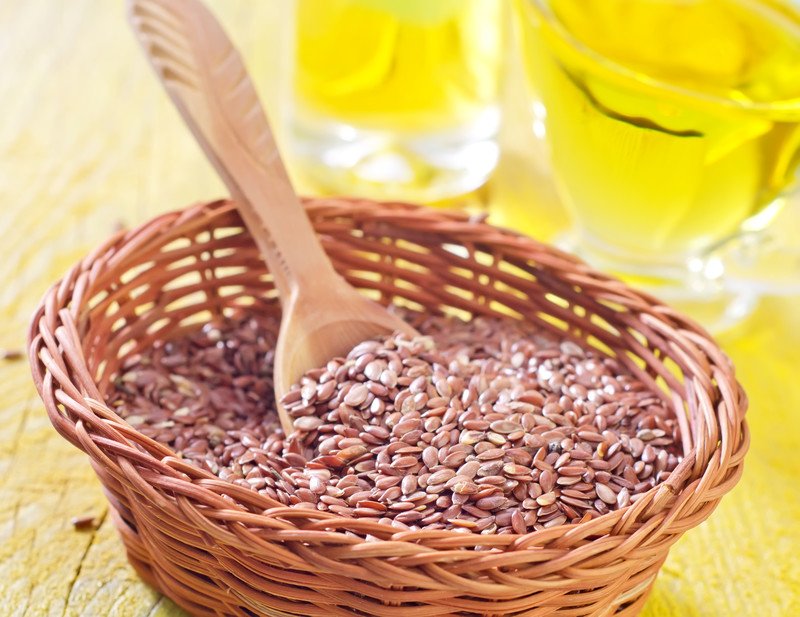
Flax seed and other foods high in omega-3 fatty acids are essential for brain function because the nervous system is mostly comprised of fat. Flaxseed oil is thought to help protect damaged nerve cells and promote their recovery. It may also help with brain development and improve spatial memory.
Besides flax seed, omega-3 fatty acids are found in cold-water fish such as salmon, mackerel, tuna, and sardines, as well as in chia seeds.
Flax seed has other nerve-supporting nutrients, as well as fatty acids. One tablespoon of ground flax seed contains 8% of the recommended daily intake for vitamin B1 and 2% of the RDI for vitamin B6. It also contains 2% of the RDI for calcium, 7% of the RDI for magnesium, and 2% of the RDI for potassium.
Avocado
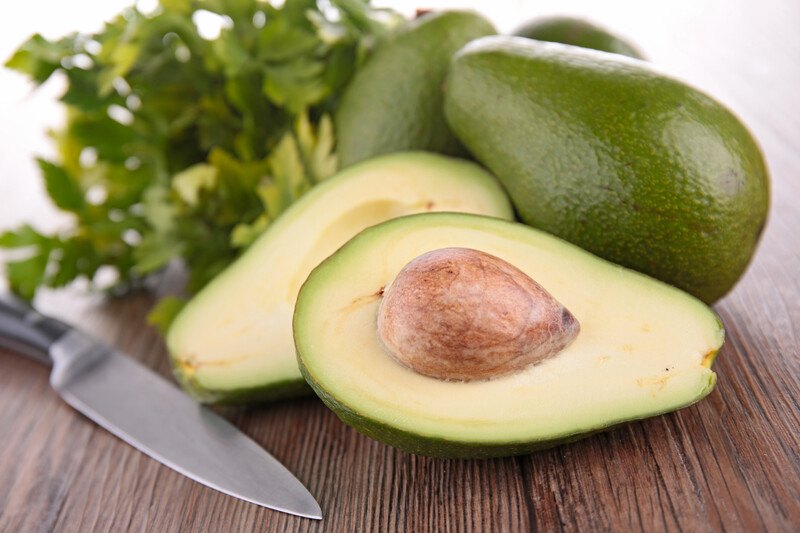
Avocado is another superfood high in omega-3 fatty acids. One cup of chopped avocado contains around 234 calories, and around 175 of those calories come from healthy fats that can support and protect the nervous system. These fats include choline. A 100 g serving of avocado contains 14.2 mg of choline.
A one-cup serving of avocado also contains around 20% of the recommended daily intake for vitamin B6, 24% of the RDI for vitamin C, and 10% of the RDI for magnesium.
You can try different avocado of the month clubs to explore different varieties of avocado – or just to ensure that you don’t run out of avocado in your kitchen.
Citrus Fruits
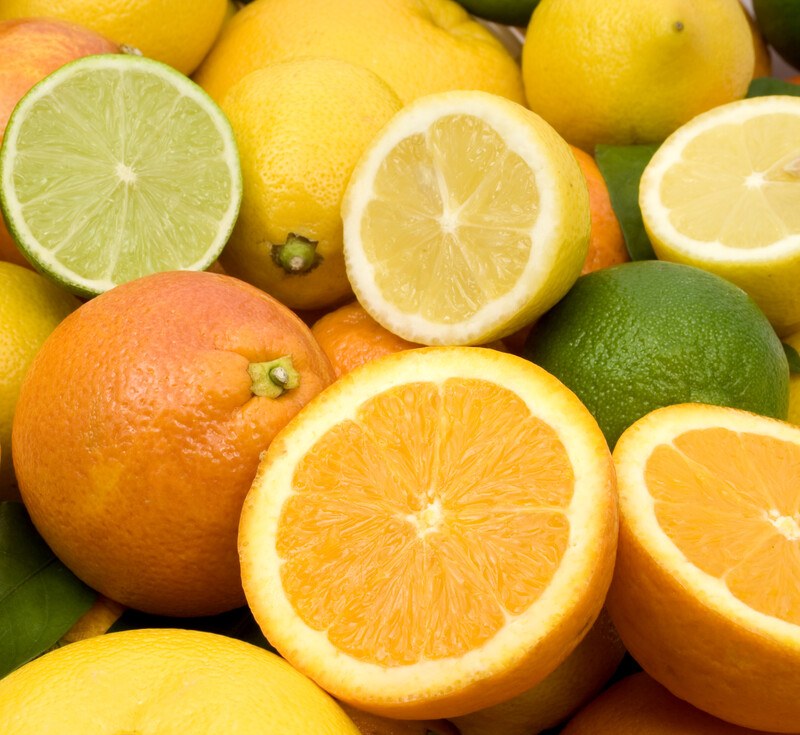
Citrus fruits such as oranges, lemons, limes, grapefruit, and pomelos are high in vitamin C. As an antioxidant and anti-inflammatory, vitamin C can help protect the nervous system, and it plays a part in the nervous system’s function and structure, too.
However, citrus fruits have other compounds that also impact the nervous system. One of these is a nobiletin. Nobiletin also protects nerve cells from oxidative stress and inflammation. It seems to be particularly effective in the hippocampus, which relates to spatial memory, and it can be helpful in turning short-term memories into long-term ones.
Nobiletin also triggers the synthesis of nerve growth factors, and it reduces the build-up of beta-amyloid plaques that contribute to Alzheimer’s disease. It may also protect against strokes and reduce the symptoms of Parkinson’s disease.
Yogurt
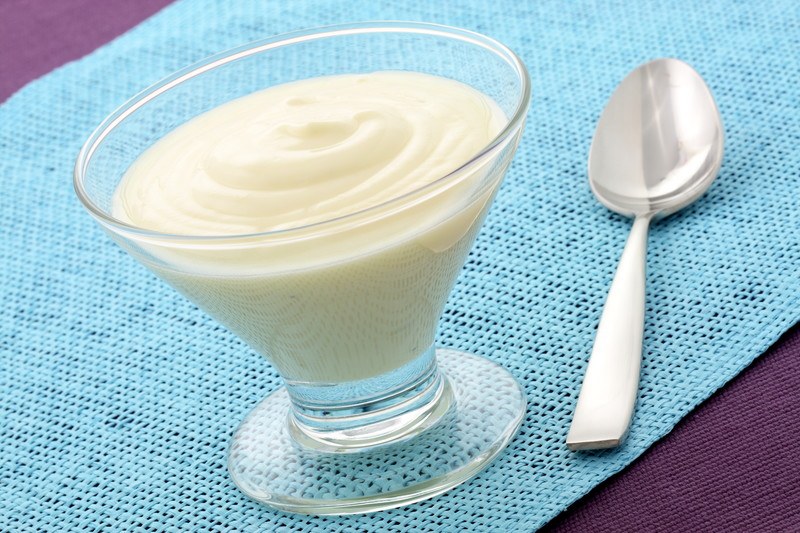
Yogurt is a well-known fermented food that’s got a great reputation for increasing gut health. Its helpful bacteria have a range of health benefits, and this includes some effects on the nervous system and brain.
One study showed that women who eat yogurt twice a day showed changes in the parts of their brain that process emotion. Other studies indicated that eating yogurt could help combat depression.
Besides the link between gut health and the central nervous system, yogurt is high in nutrients that support the nerves. One cup of plain whole yogurt contains 30% of the recommended daily value for calcium, as well as 380 mg of potassium, 29 mg of magnesium, and 15% of the recommended daily value for vitamin B12. Most grocery stores carry yogurt, but you can make your own, too.
Dark Chocolate

Dark chocolate is well-known comfort food with some surprising health benefits. Besides being healthy for the heart, dark chocolate contains several nutrients that impact brain health. Eating high-flavanol cocoa can help bring more oxygen into the brain. Consuming chocolate has also been shown to improve brain functioning in elderly people.
Chocolate contains the amino acid tryptophan, which can be converted to the neurotransmitter serotonin. It’s also high in magnesium and potassium, and it contains calcium, vitamin K, and a nice amount of several types of B vitamins.
Three Superfood Snacks To Support And Protect Your Nervous System
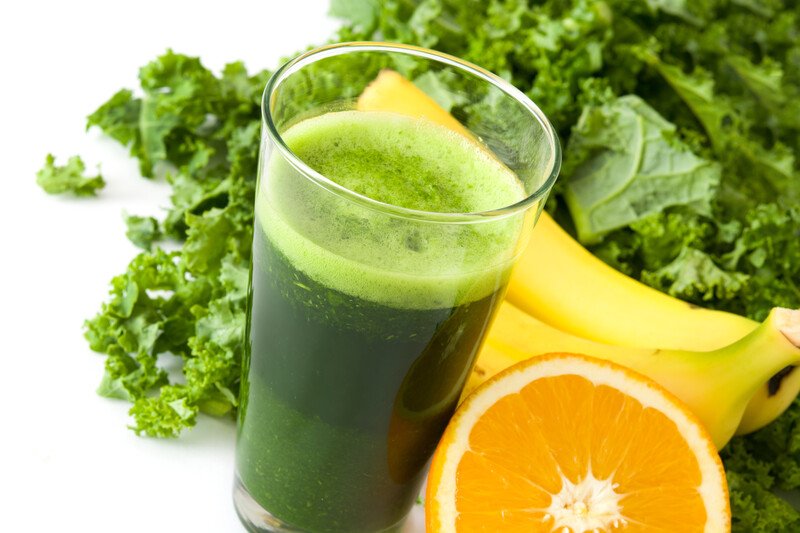
Now that you’ve read about the 12 best foods for the nervous system, it’s time to decide how you’ll use them in your life. Let me share a few of my favorite snack ideas with you here to help get you going.
IDEA #1: Dark Chocolate Walnut Clusters
You can make your own dark chocolate walnut clusters by melting dark chocolate (60-85% cacao or higher) in a saucepan and mixing in chopped walnuts. Drop them by the spoonful onto waxed paper and let them cool. These are tasty treats that are high in omega-3 fatty acids, as well as tryptophan, magnesium, and potassium.
IDEA #2: Bananas And Yogurt
This treat is as simple as slicing half a banana over a cup of Greek yogurt. It’s a cold, creamy treat for hot summer days, and it’s packed with nerve-soothing nutrients such as calcium and potassium.
IDEA #3: Superfood Salad
For an easy afternoon snack, top a green leafy vegetable like chopped kale with citrus fruit segments, chopped walnuts, and slices of boiled eggs. This refreshing snack has enough protein to hold you over until dinner, with a boost of nerve-supporting nutrients like vitamin C and potassium.



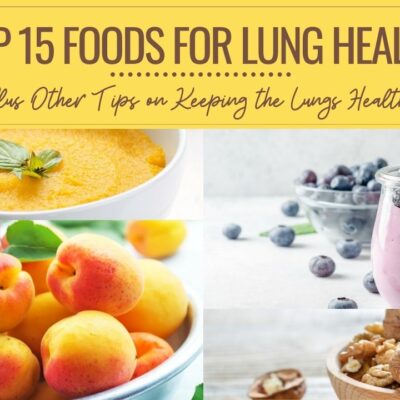

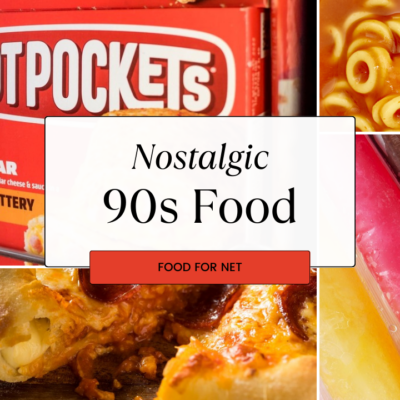











 The Best Peach Vodka
The Best Peach Vodka
I’m blessed to have read this.
It helps alot.
Thank you